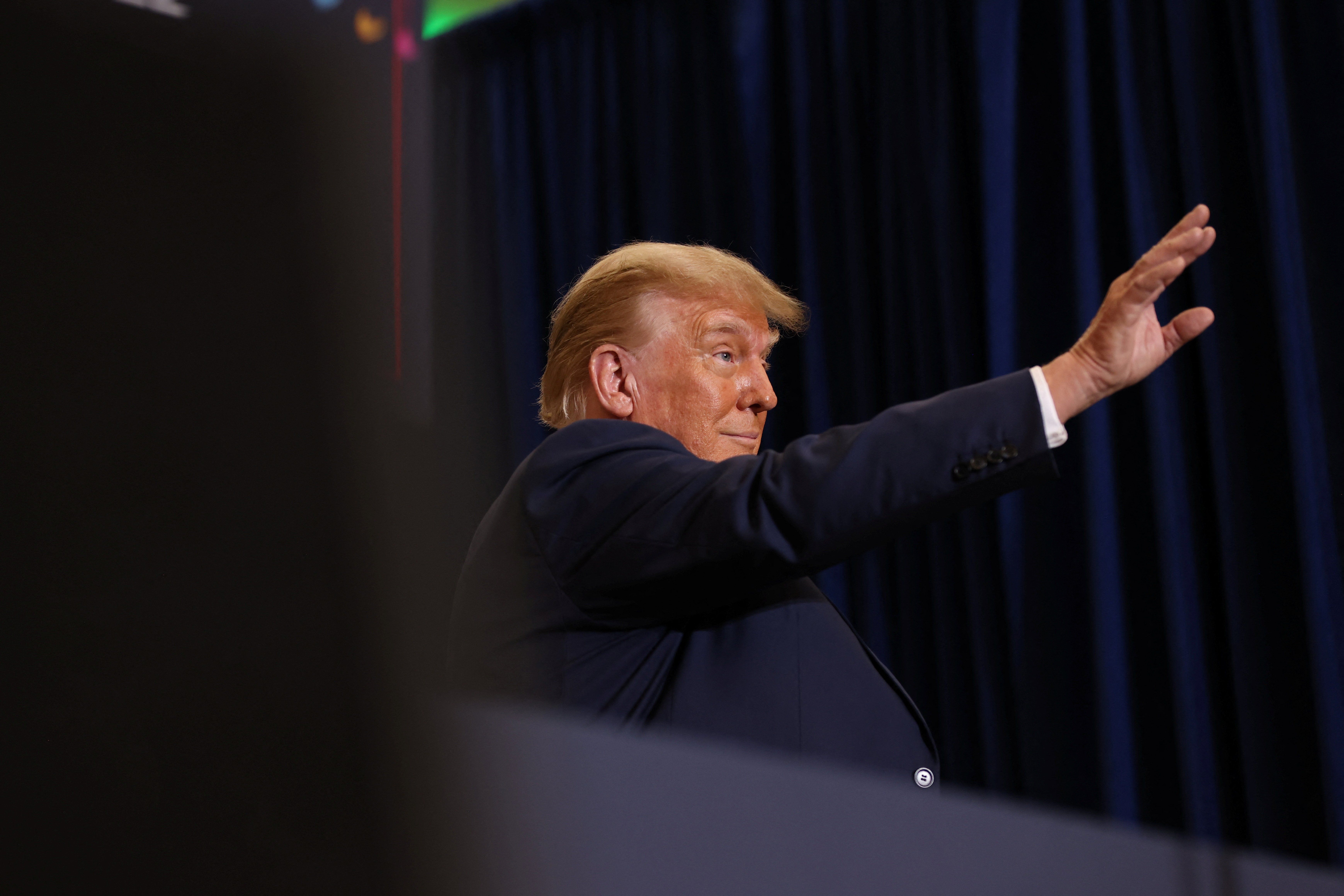Colorado's Supreme Court disqualifies Trump from state primary ballot
The Colorado Supreme Court accepted the argument that the 14th Amendment disqualifies former President Donald Trump from running in 2024 after determining that he played a role in the Jan. 6 attack on the US Capitol. The game-changing decision — which will inevitably be taken to the Supreme Court — mandates that Colorado’s secretary of state exclude Trump from the state’s Republican primary ballot.
The court's decision is the first to find that the insurrection clause of the 14th Amendment applies to Trump, and it could set a precedent for other states to pursue similar actions. So far, 14th Amendment cases in states like Michigan and Minnesota have failed to remove Trump’s name from any state ballot.
The ruling is stalled until Jan. 4, 2024, to allow time for Trump to appeal to the US Supreme Court. Trump's campaign promptly vowed to appeal the ruling to the nation's highest court. The primary season also begins in January, and if Trump becomes the nominee, the Supreme Court will need to rule quickly to avoid the unprecedented possibility of statewide disenfranchisement if the Republican presidential candidate is absent from an entire state’s ballot.
If the Supreme Court affirms this ruling, Trump could be disqualified from running in all states, drastically altering the landscape of the 2024 election. Many in the Republican Party will view the decision as an infringement on their right to vote for their candidate of choice while reinforcing their belief that Trump is the victim of a witch hunt. While this is unlikely to hurt Trump’s position as the Republican front-runner, a fierce legal battle lies ahead.
